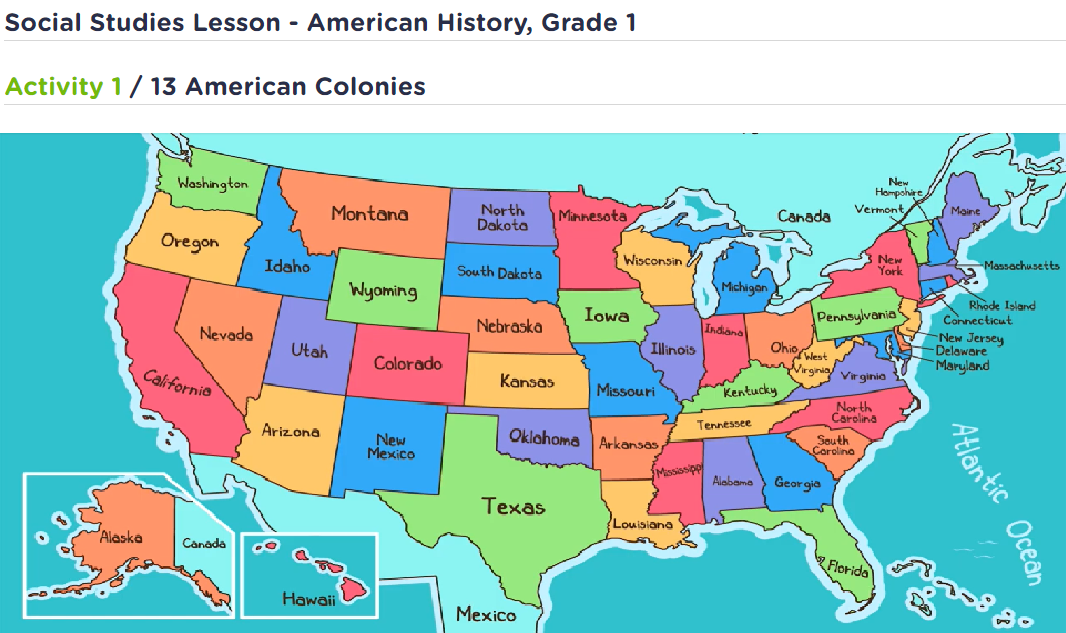Basic subtraction Math Worksheets for Ages 3-4
4 filtered results
-
From - To
Discover our engaging and educational "Basic Subtraction Math Worksheets for Ages 3-4" designed to make early learning fun and effective. These worksheets help young children grasp fundamental subtraction concepts through brightly colored, age-appropriate exercises and activities. Perfect for preschoolers, these printable resources align with essential learning skills and are tailored to suit the developmental stage of 3-4-year-olds. By incorporating playful themes and simple, step-by-step problems, our worksheets encourage practice and build confidence in early math abilities. Explore endless opportunities for hands-on learning with Kids Academy and watch your child thrive in their first steps toward math success!
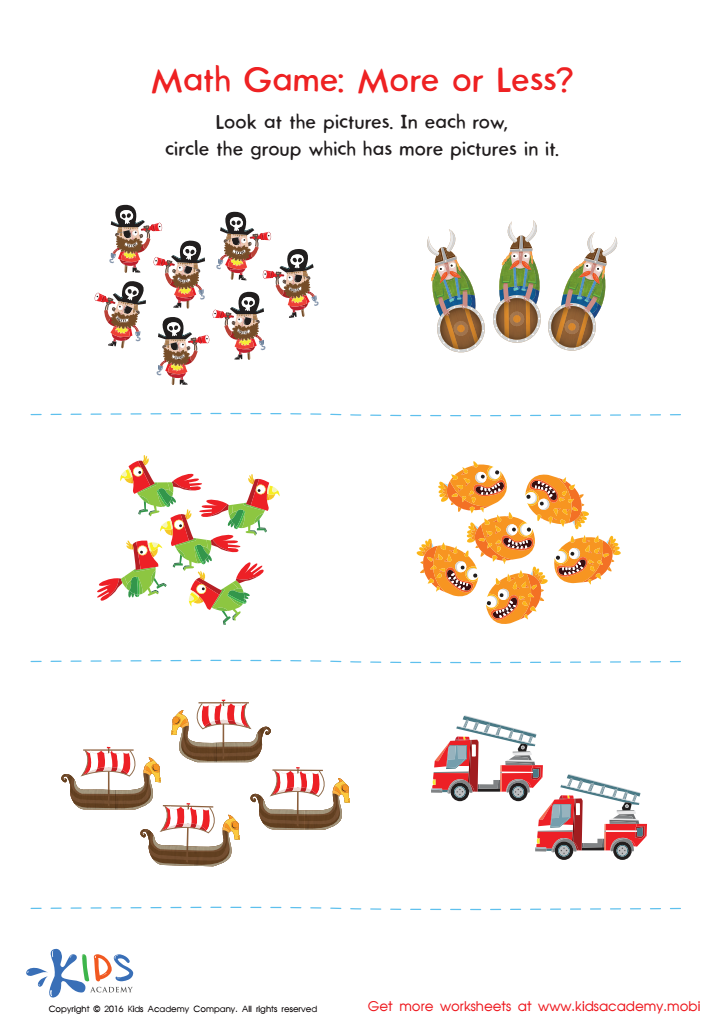

More or Less Worksheet
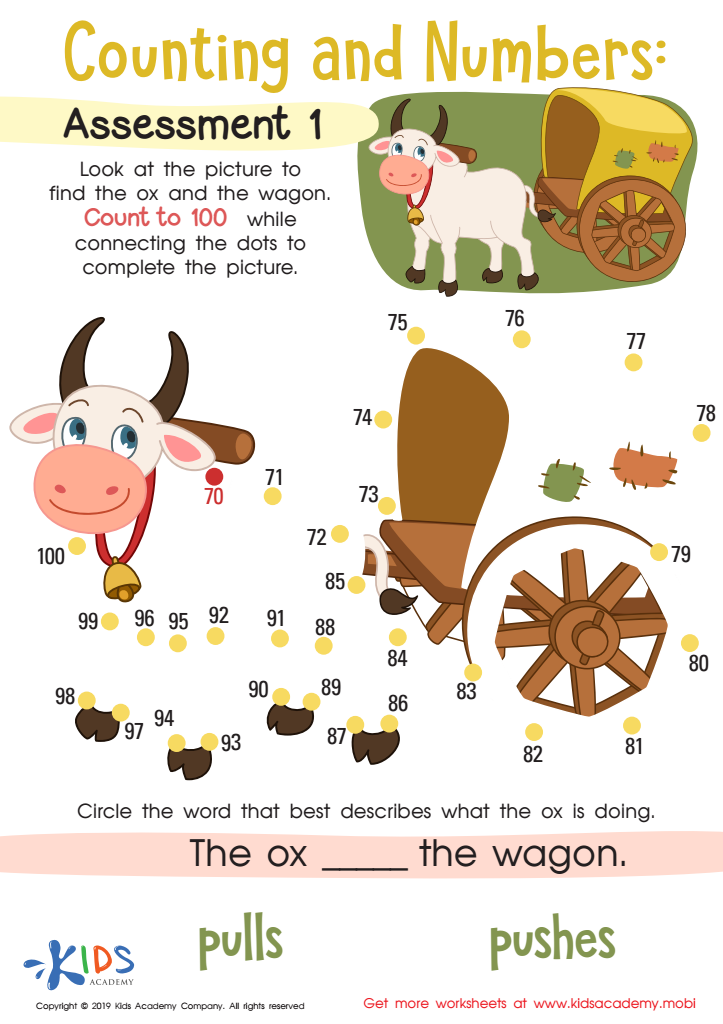

Counting and Numbers: Assessment 1 Worksheet
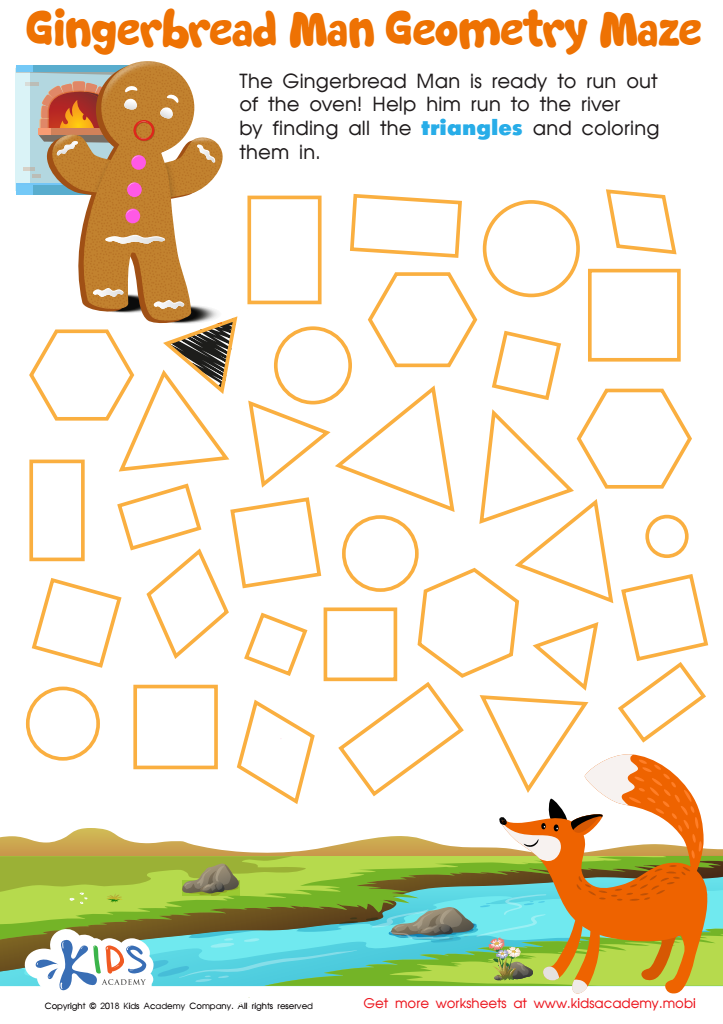

Gingerbread Man Geometry Maze Worksheet
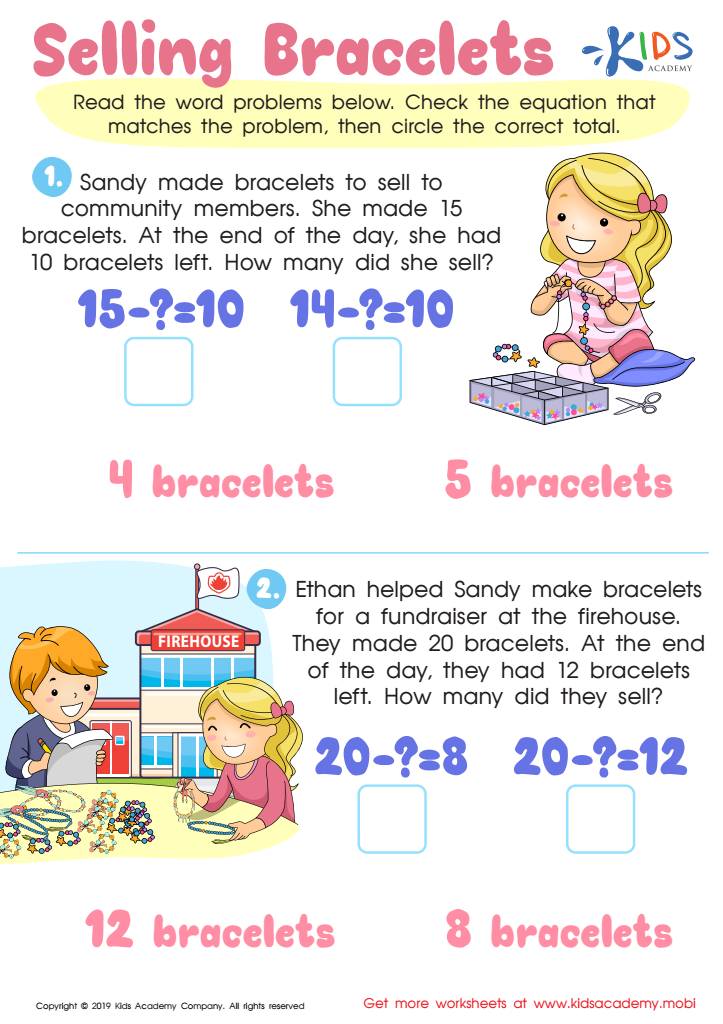

Selling the Bracelets Worksheet
Teaching basic subtraction to children aged 3-4 is crucial as it lays the foundation for their future mathematical understanding. Early exposure to subtraction helps young learners develop essential cognitive skills such as logical thinking, problem-solving, and analytical reasoning, which are vital for academic success across various subjects. At this age, children's brains are highly receptive and adaptable, making it the ideal period to introduce fundamental math concepts in a fun and engaging way.
Subtraction, a key arithmetic operation, fosters a child's ability to understand the concept of loss or taking away, which is essential not only in math but also in everyday life situations, such as sharing toys or understanding the difference between more and fewer items. Early mastery of these skills can boost a child's confidence and curiosity, making them eager to learn more complex math concepts as they grow older.
Furthermore, engaging children in hands-on subtraction activities, such as counting objects, playing with blocks, or using visual aids, can enhance their fine motor skills and hand-eye coordination. Parental and teacher involvement in this learning process can provide positive reinforcement and create a supportive learning environment, ensuring that children perceive math as enjoyable and rewarding.
In short, nurturing an early understanding of basic subtraction equips children with the tools they need for lifelong learning and problem-solving, making it a worthwhile investment for parents and teachers alike.
 Assign to My Students
Assign to My Students






